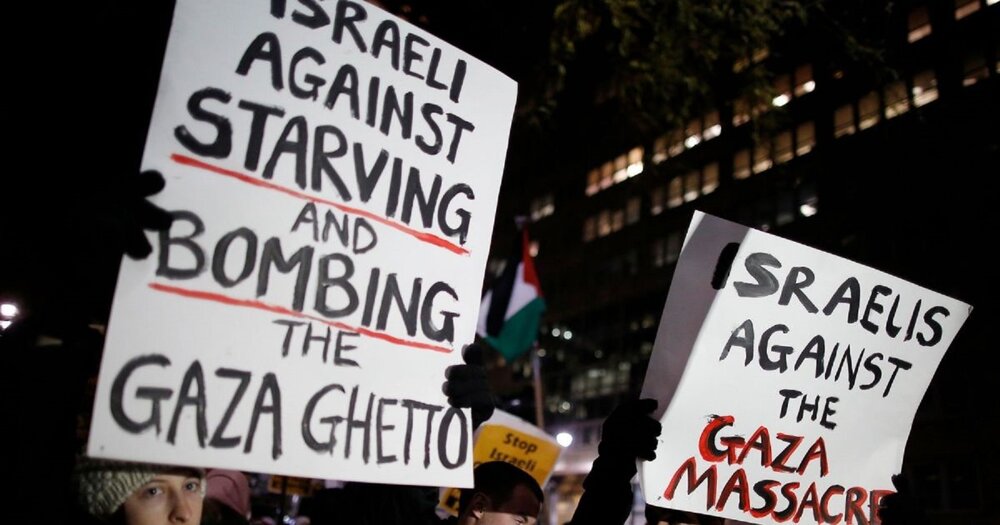Hawzah News Agency – Are accusations of antisemitism being used to silence support for Palestinian rights?
“This effort to specifically redefine anti-Semitism in a way that encompasses basically any criticism of Israel has really gained ground in the last several years,” says Dima Khalidi, founder and director of Palestine Legal. “To the extent that this definition has been codified in laws around the world, including in the US and Europe, especially.”
While high-profile figures like Emma Watson and Mark Ruffalo have faced intense backlash for speaking up for the rights of Palestinians, it is mainly academics and college students who face the most retaliation on campuses across the United States and Europe.
“It forces students and professors to really self-censor in profound ways,” says Barry Trachtenberg, a historian and professor of Jewish history at Wake Forest University.
“This is about people’s reputations, about people’s jobs, about the way that we can operate, and talk, in a civil society … And it’s just the tip of the iceberg, right? When we look at the ways that Israel and Israel advocacy groups here in the US have attacked Palestine advocacy through harassment campaigns,” Khalidi says.
But there has been a shift in questioning the official narrative on Israeli government practices, especially within the Jewish community in the US. “Because the gap between the promise of Israel and the reality of Israel has just grown so great, and as younger generations are paying more attention to questions of racism in America, systematic oppression of people of colour, of engaging in issues of queer rights, people recognise that there can’t be this exception for Israel,” says Trachtenberg.
On UpFront, Marc Lamont Hill speaks with Palestine Legal founder and director Dima Khalidi, and professor and chair of Jewish History at Wake Forest University Barry Trachtenberg to discuss the cost of speaking up for Palestinian rights.


Your Comment